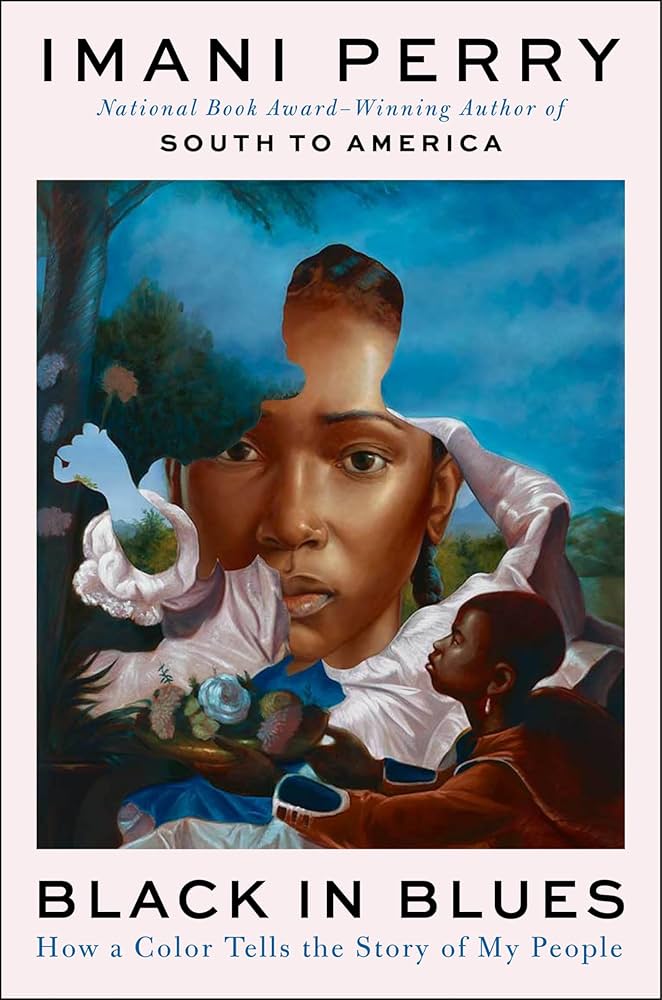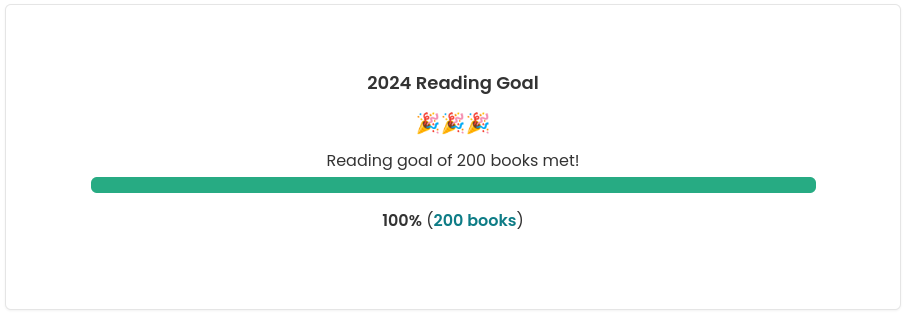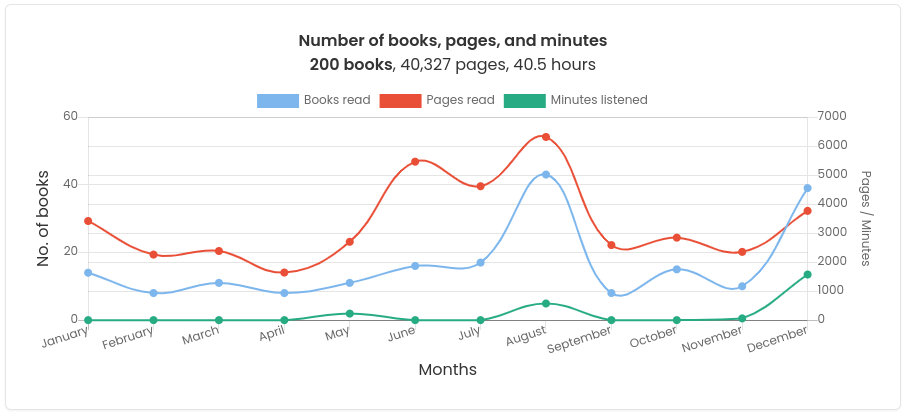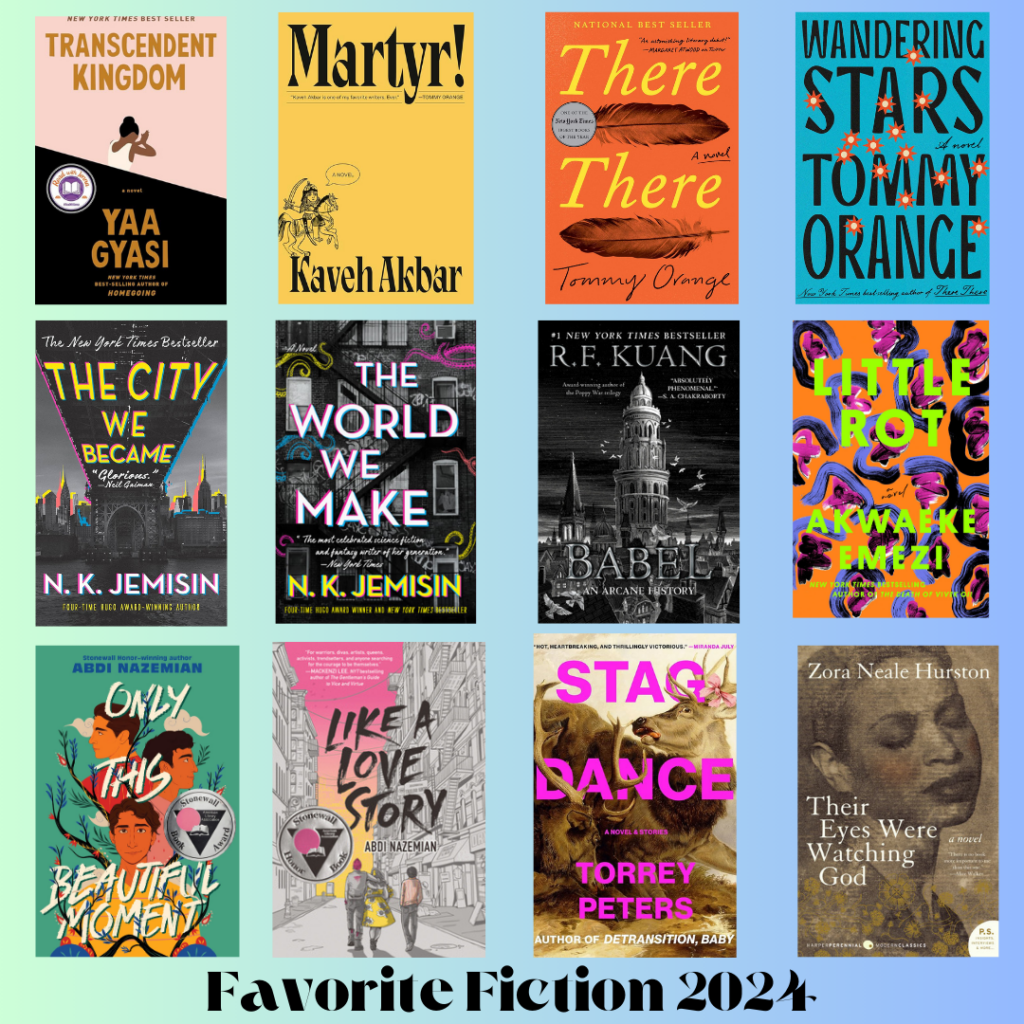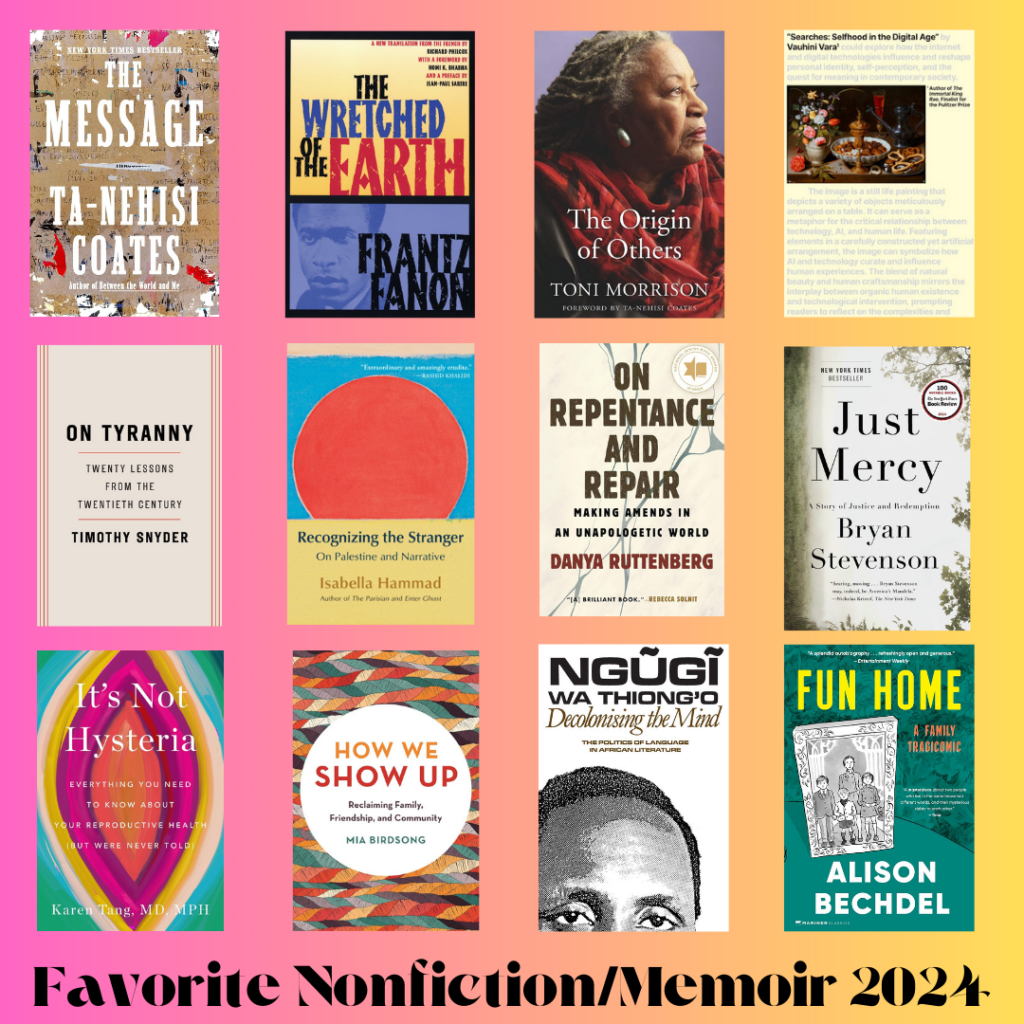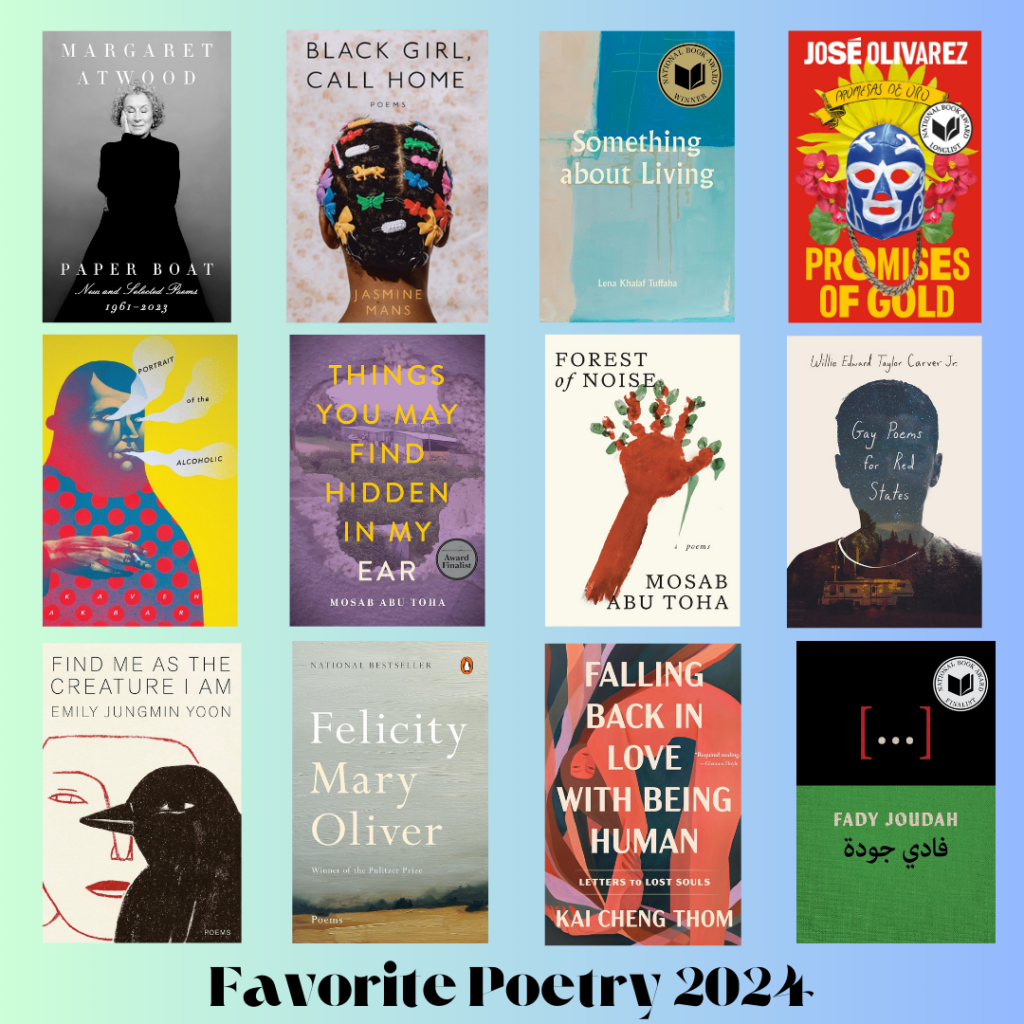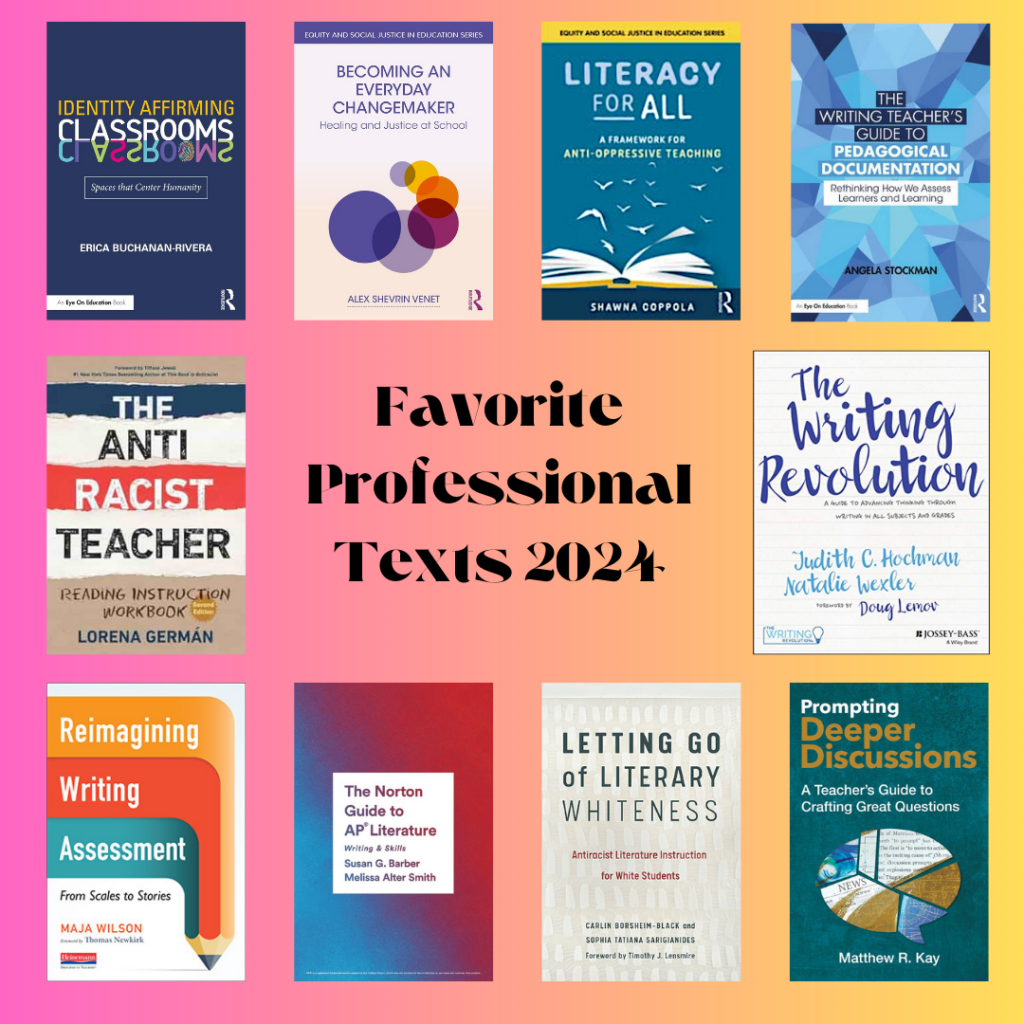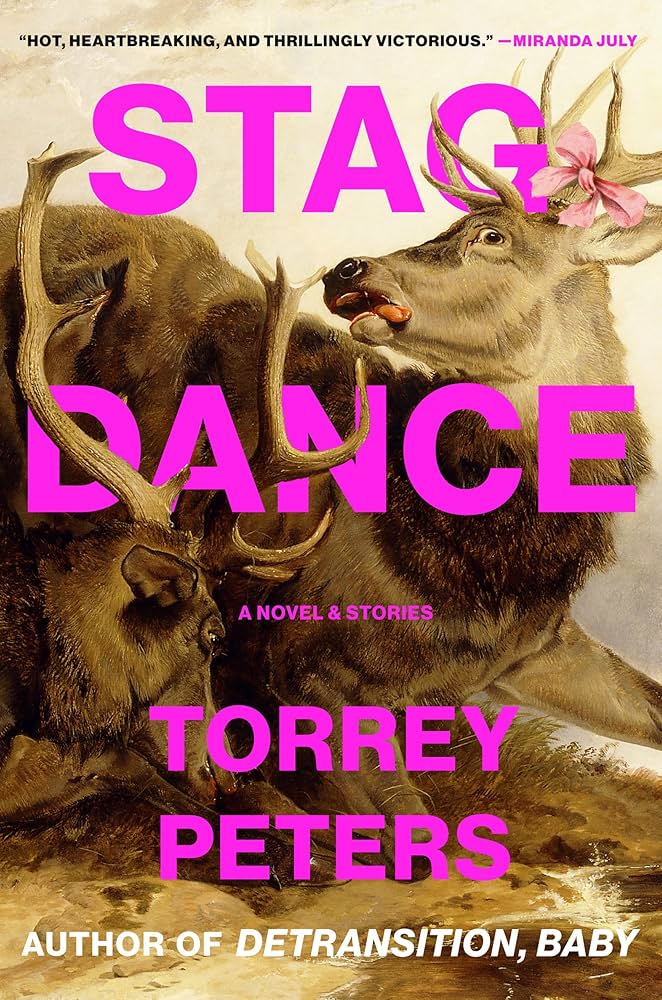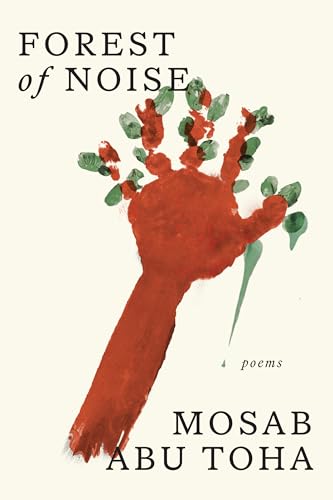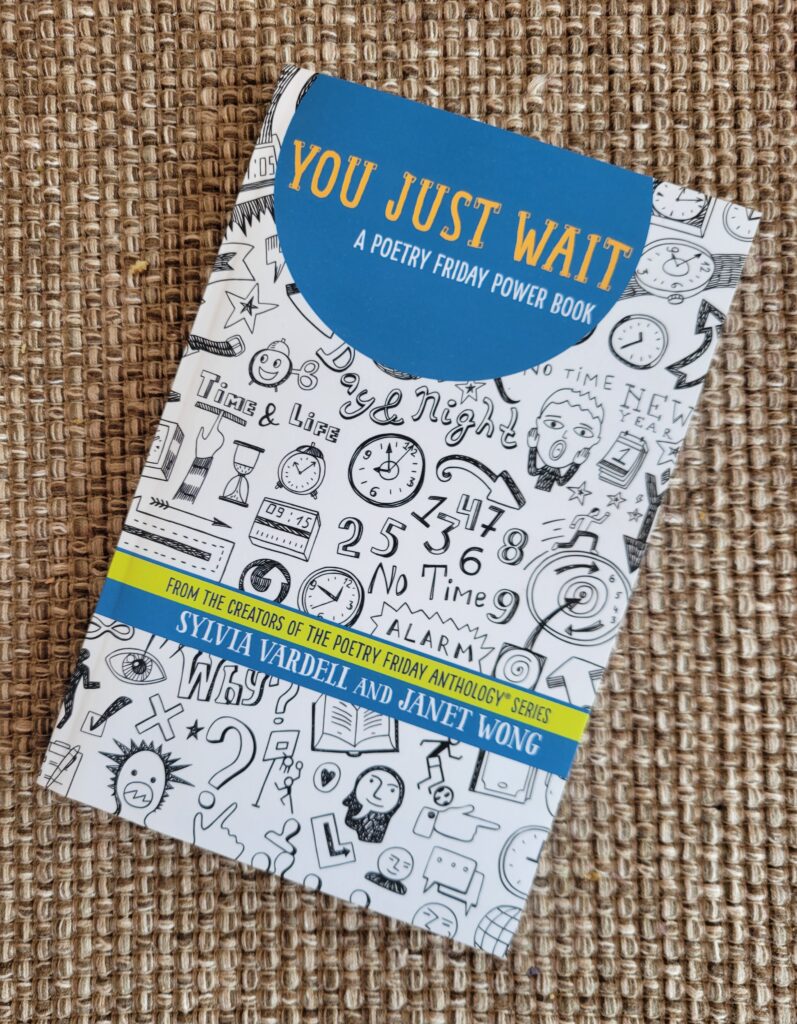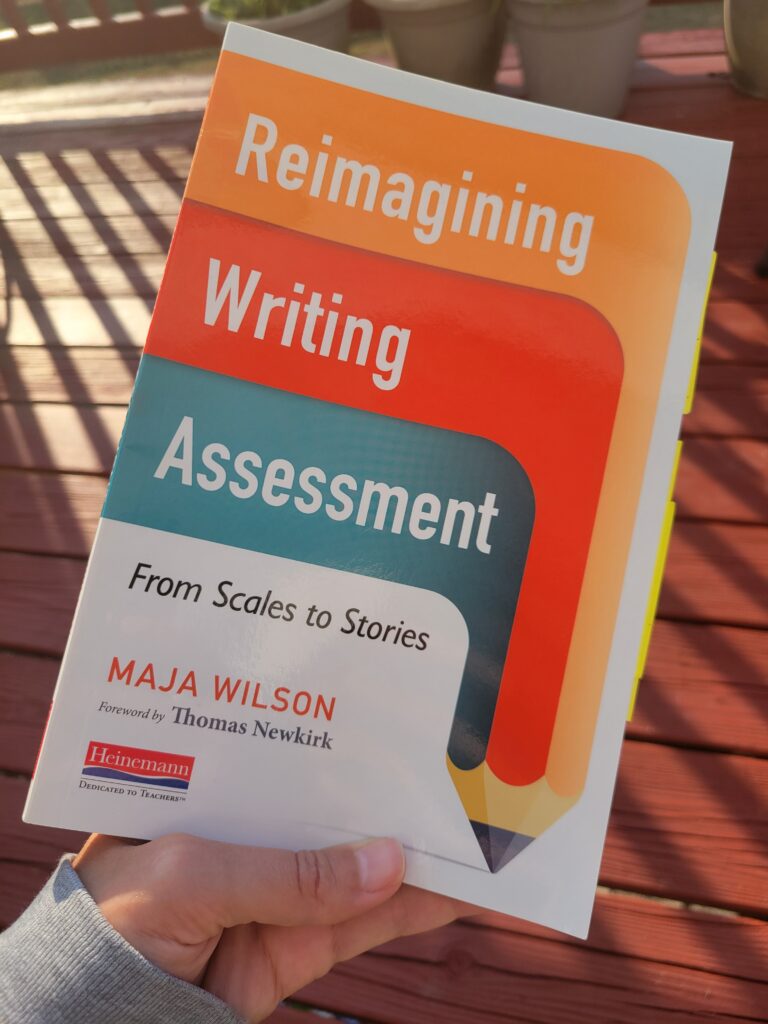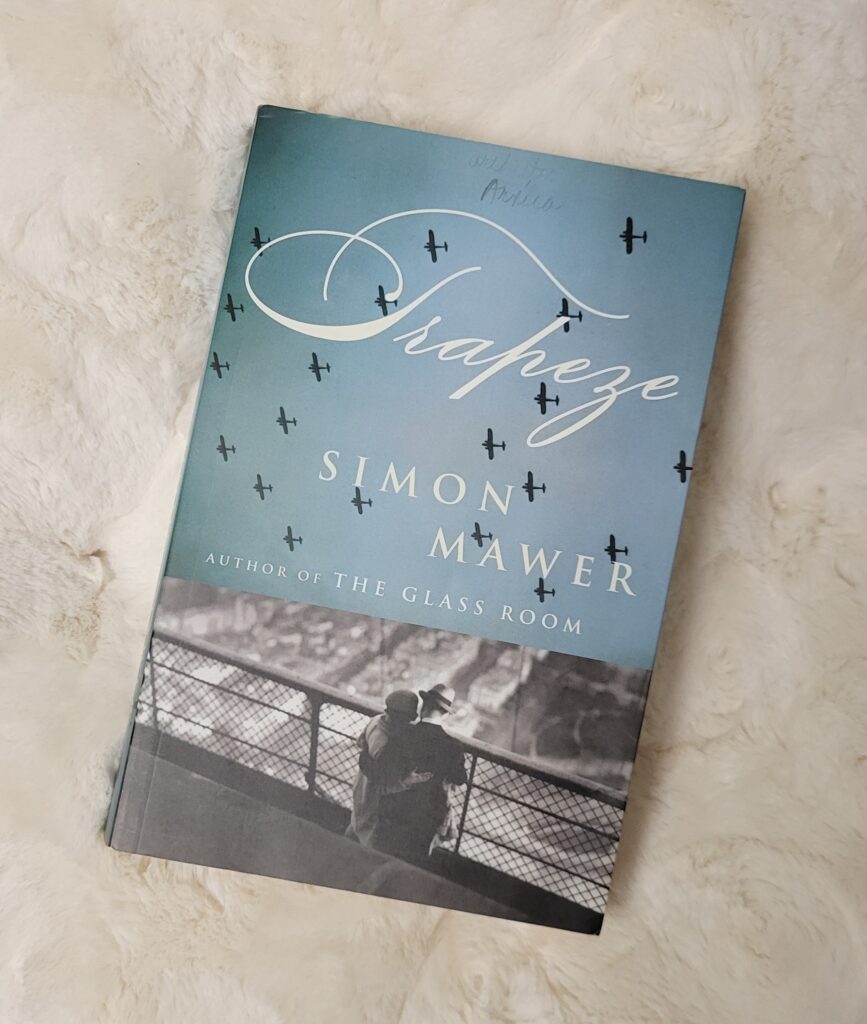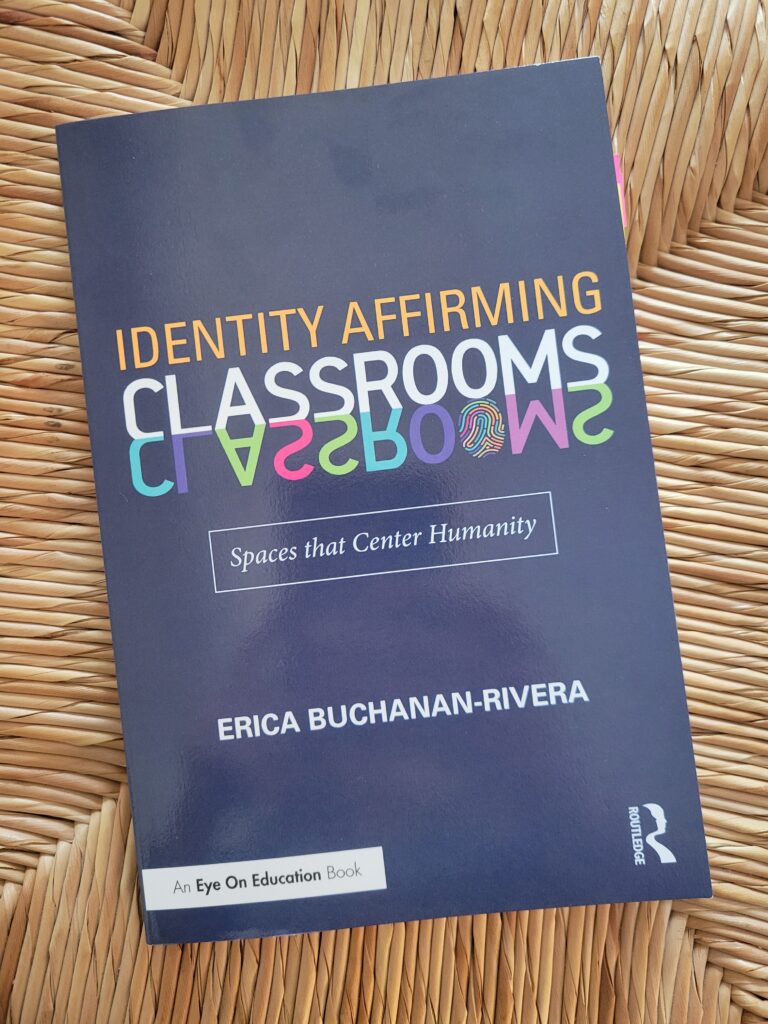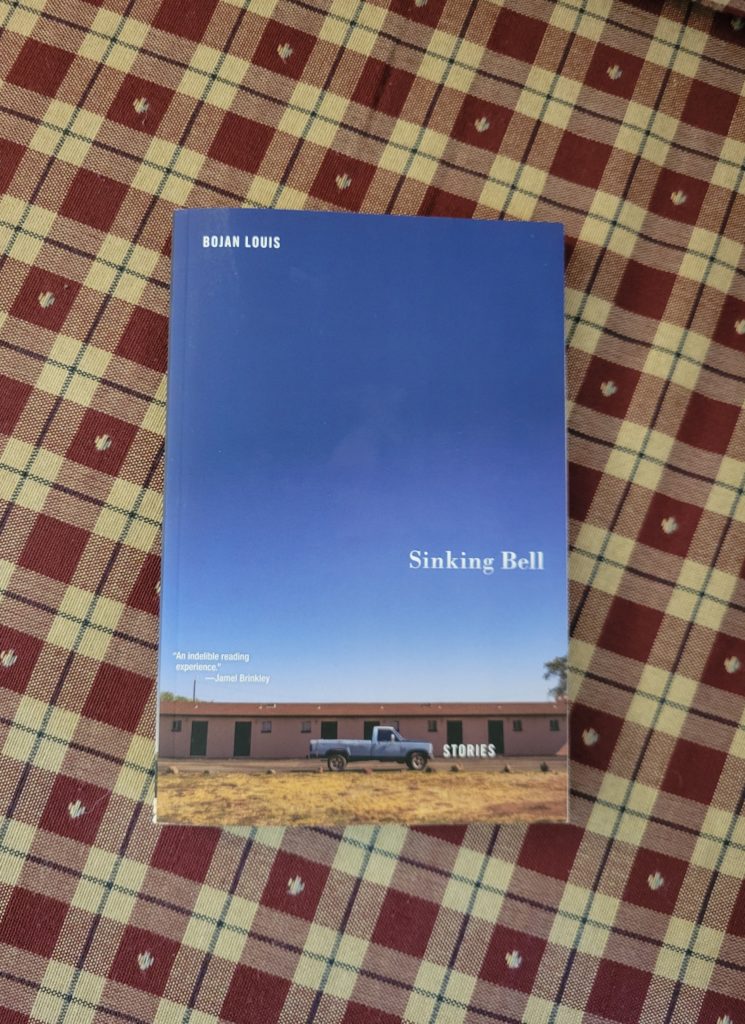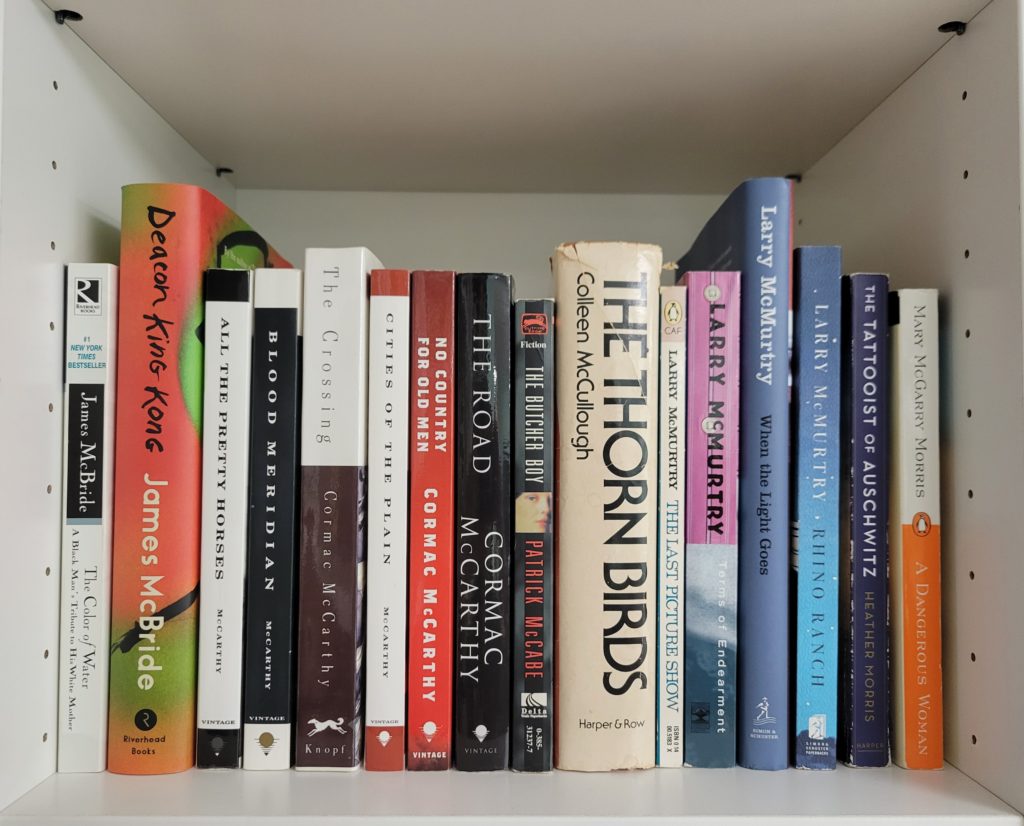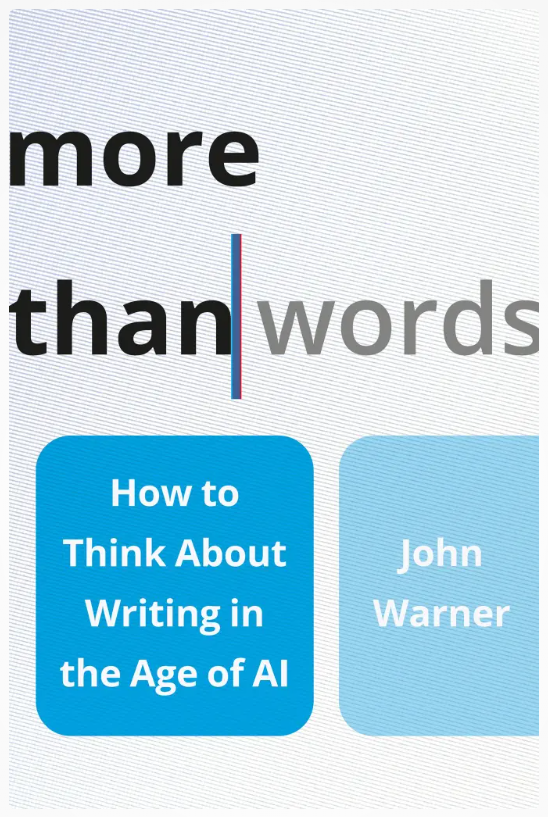
John Warner’s views on writing have been indispensable to me as a high school English teacher, and his exploration of what AI means for how we approach writing instruction is exactly what English teachers need in this moment. In More Than Words: How to Think About Writing in the Age of AI, Warner continues his call for educators to create writing assignments that are authentic and engaging (the type of writing that AI can’t produce). More importantly, he explains how AI works and the ethical implications of AI use, which are vital to understanding its impact on the classroom. Ultimately, Warner shows the importance of writing to thinking and feeling and clearly identifies what is lost when that is outsourced to AI. More than Words is about so much more than writing instruction; it’s an argument for writing’s role in communication and connection, which is what makes teaching and learning meaningful.
Warner’s framework for thinking about AI, “Resist, Renew, Explore,” acknowledges that we cannot ignore AI’s presence or the impact it will likely have on our lives, and offers guidance for how to approach it. Since there’s a great danger in “leaping into an unknown without proper consideration,” there are times when we should clearly resist AI, but there are also times when we should explore what’s possible. However, Warner is clear that in our exploration, we need to be cautious and aware of potential harm. Should we be exposing students to AI chatbots in the classroom? What exactly are we teaching students by having them use AI? Does use of AI aid in skill development or hinder it? Shouldn’t we be arguing for more time to do our jobs rather than getting excited about being able to outsource important tasks like grading and leaving feedback to AI? These are all questions I’ve raised, and I’m grateful that John Warner addresses them in More Than Words.
Teachers must contend with AI. There’s no way around it, but we need to have more nuanced conversations about the role it should play in our classrooms. More Than Words brings up many strategies to navigate AI use and is a must for any educator.
